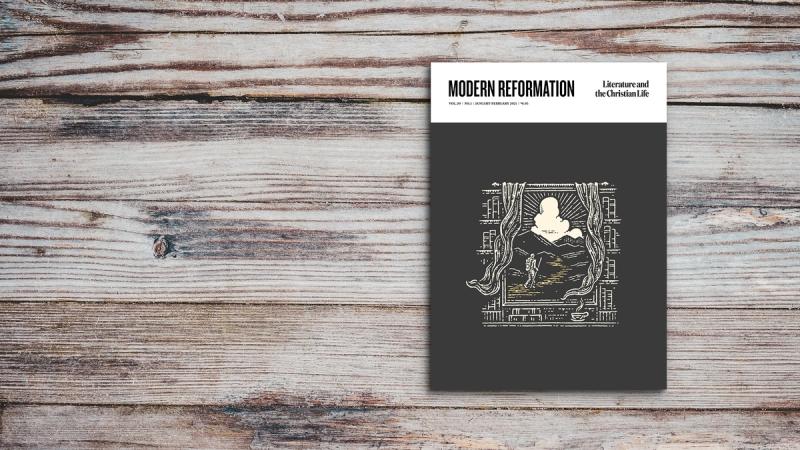Nearly four-hundred feet inside a sandstone mountain on the far northerly Norwegian island of Spitsbergen lies the Svalbard Global Seed Vault. Housing four-hundred-thousand seed samples, the purpose of the vault is to provide a storehouse of plant species in case of loss of agricultural biodiversity. Literature curricula have served similar purposes in history. One thinks, for instance, of the Institutiones Divinarum et Saecularium Litterarum (Institutes of Sacred and Secular Learning), written by Cassiodorus in the middle of the sixth century. It is often purported by historians to have been written to preserve Roman and Western learning through the so-called Dark Ages of the seventh and early eighth centuries. Reading the Institutiones, however, one gets the impression that Cassiodorus was not so much storing up a literary past to protect against the future loss of a culture. Rather, he saw literary treasures of the past as provisions for a pilgrimage—not a pilgrimage back to a culture that once was, but forward to the kingdom that has no end.
It is from this perspective that we approach the topics of literature, tradition, and the Christian life in this issue. In our first feature, Karen Prior Swallow—research professor of English, Christianity, and Culture—traces the historical development of the novel in the early Modern period, arguing that for the Christian especially it is important to read good fiction well.
Sometimes enlightening, oftentimes puzzling, and very nearly always penetrating, the writings of esteemed poet, playwright, and literary and cultural critic T. S. Eliot are evidence of his vast engagements with the literary traditions of multiple cultures. Helping us with the task of Eliot interpretation, MR’s managing editor Patricia Anders contextualizes his life and poetry. Next, noted Eliot scholar David Huisman explains Eliot’s understanding of tradition and why it is important to restrain undiscerning iconoclasms.
Our final feature weighs in on recent discussions of “the death of the novel.” Greg Peters, an avid reader of nineteenth-century Russian novelists, makes a case for the ongoing importance of reading theological novels that, perhaps somewhat uniquely, have the ability to form character while also entertaining with a great story. With these articles, we hope to have made a case for why literature remains important for all of life, especially the Christian life.
We are also excited to begin this year with a new column titled “Reformation Resources.” After a brief introduction to the column, we are pleased to be able to bring to you for the first time in print a series of notes written by famed Dutch theologian Herman Bavinck, “Reading, Thinking, Speaking,” and transcribed by Gregory Parker Jr.
Consider this issue as one little seed packet to be placed in your personal storehouse—not so as to be able to recover a past culture amid our failing one, but to be well provisioned on our journey together through these fading cultures toward the City whose foundations cannot be shaken.
Joshua Schendel executive editor








